Portfolio of two decades driving women-led international development projects in Afghanistan and the surrounding regions of Central and South Asia. By cultivating international partnerships and humanitarian bridges among decision makers, societal figures, and political catalysts, the primary focus has specifically been to impact and elevate women and girls in crises through the mastery of scalable trade practices.
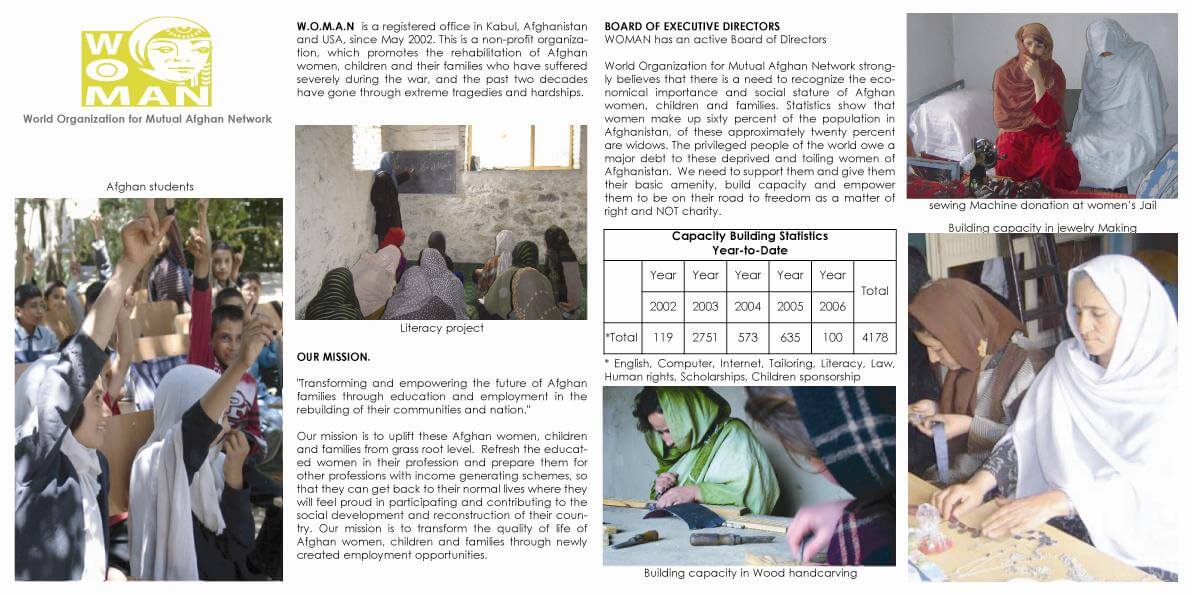
WOMAN stongly believed thatere there is aneed to recognize the economical importance and social stature of Afghan women, children and families. The goal was to upift Afghan women from grass root level. Refresh the ducateed women in their profession and prepare them for other professions with income generating schemes so they can get bac to their normal lives where they will feel proud incontributing to the social development and reconstruction of their country. WOMSN NGO built the capacityof 4,178 women in tailoring, literacy, computer, English, internet, shuman rights, nursing and law.
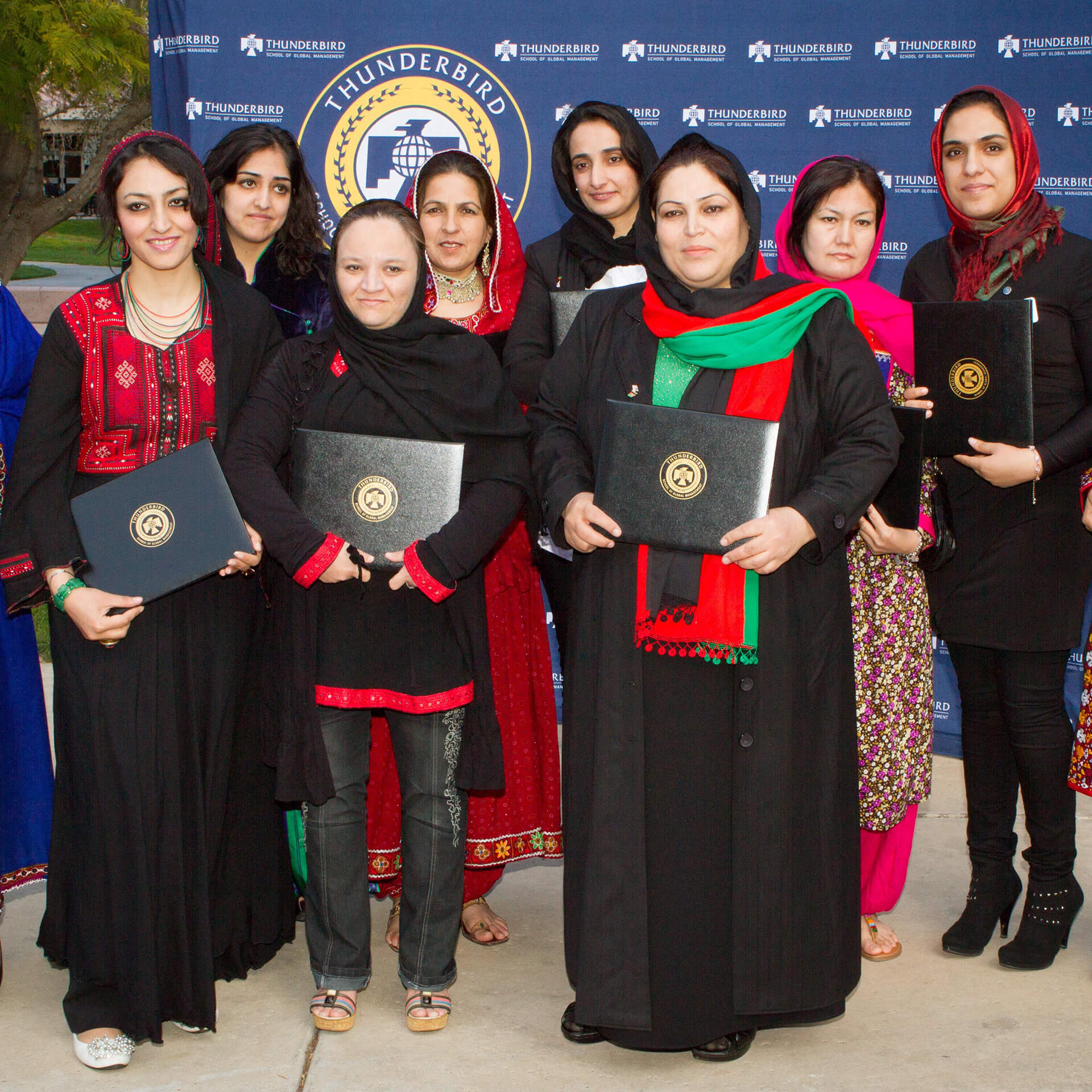
The American University of Afghanistan (AUAF) is an internationally-supported private, not-for-profit university located in Kabul, Afghanistan. Established in 2006, it provides modern, global standard education to its students. AUAF currently offers programs that cover the spectrum of post-secondary education, from university preparation to undergraduate degree programs to training for professionals. Participated/volunteered at AUAF Taskforce for increasing girl’s enrollment at AUAF.
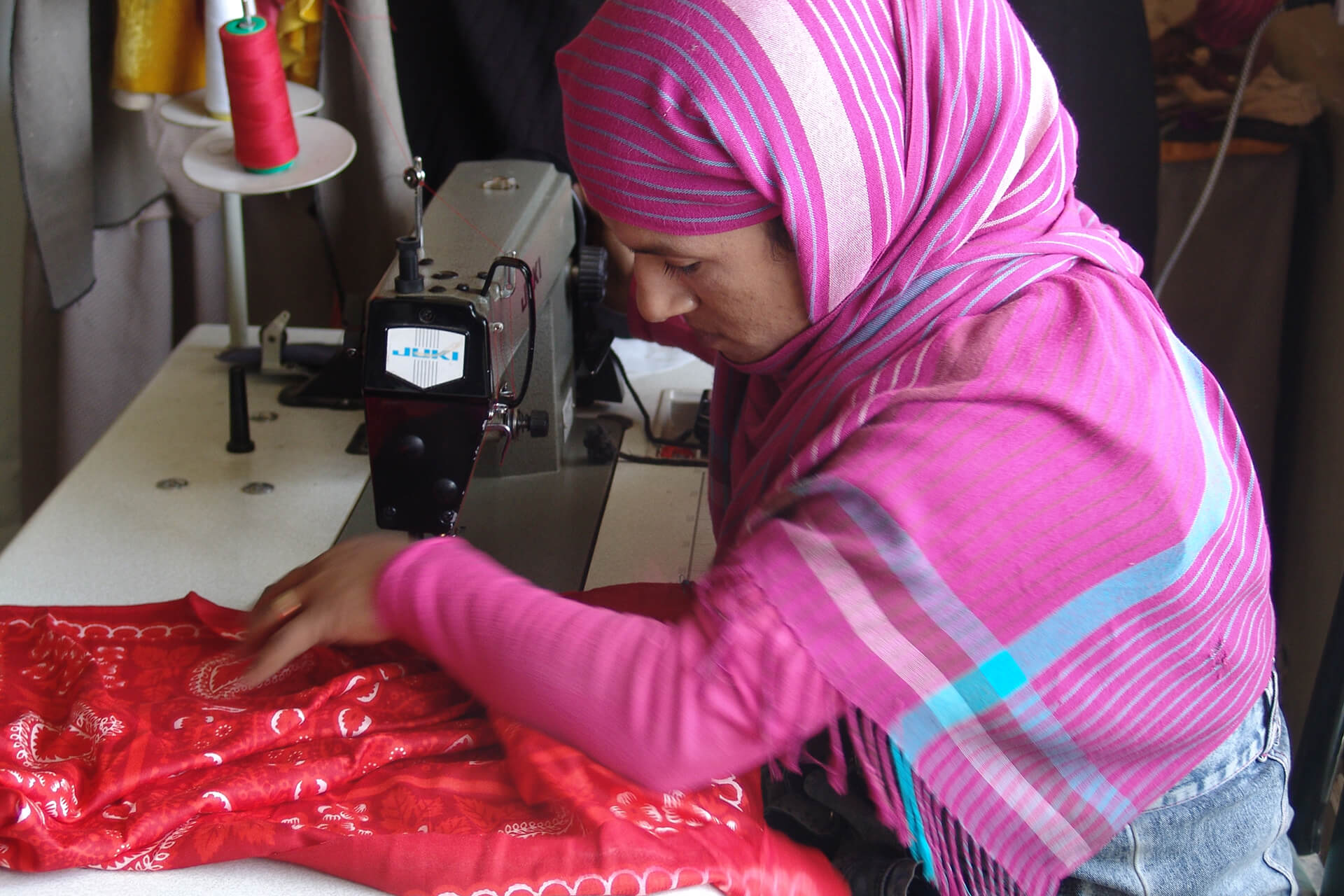
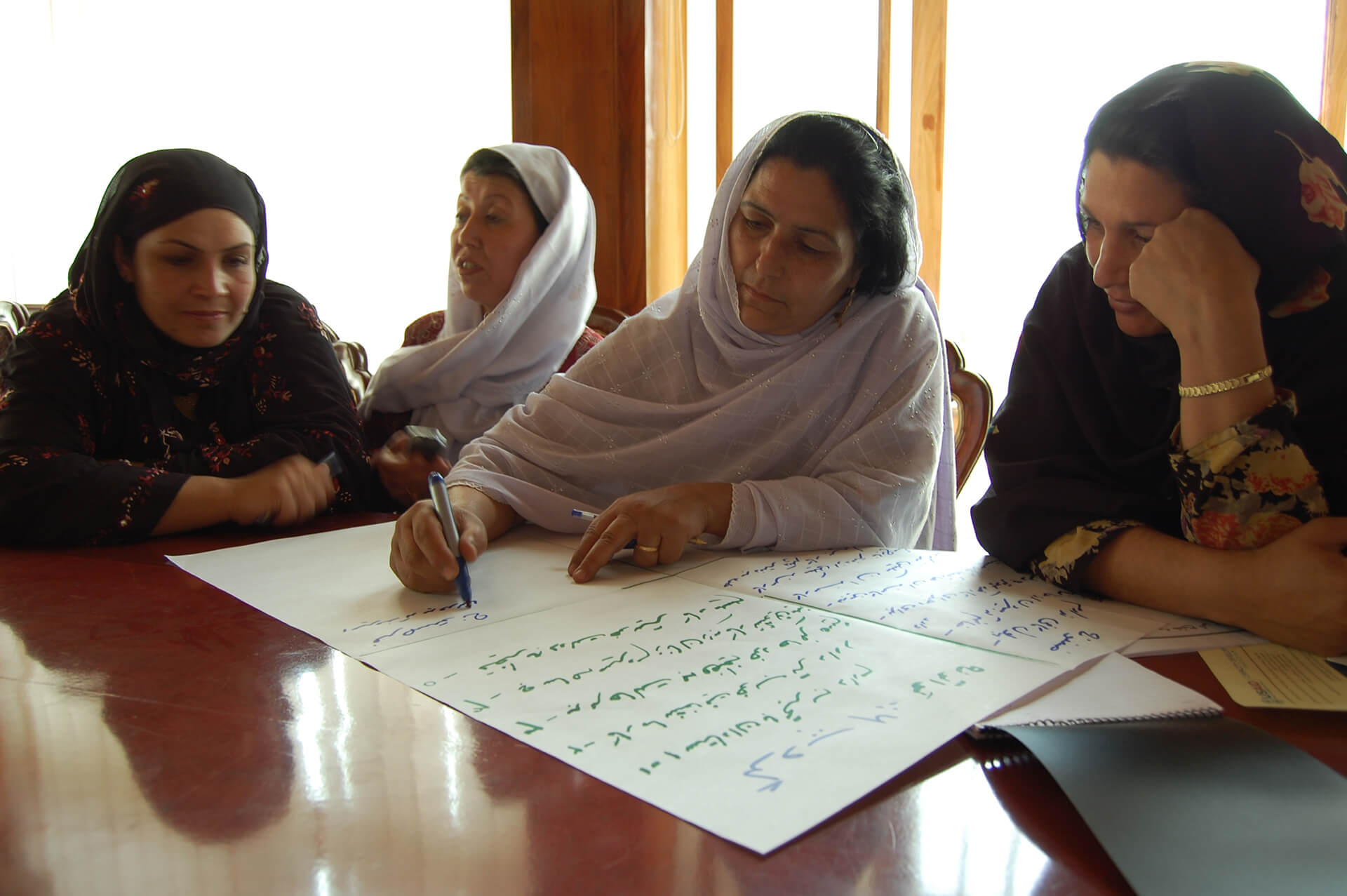
USAID’s Capacity Development Program (CDP) built the public administrative capacity of the Government of the Islamic Republic of Afghanistan (GIRoA) to implement the Afghanistan National Development Strategy (ANDS). CDP provides technical assistance in the areas of financial management, program management, and monitoring and evaluation, ultimately building the capacity of the Afghan Government to serve its people and guide its own development. CDP provides public administration training and support to build the capacity of GIRoA ministries, agencies, and sub-national government entities. CDP built capacity of 25 top NGOs through organizational training. CDP supported and managed Afghanistan Technical Vocational Institute and Kunar Construction Center.
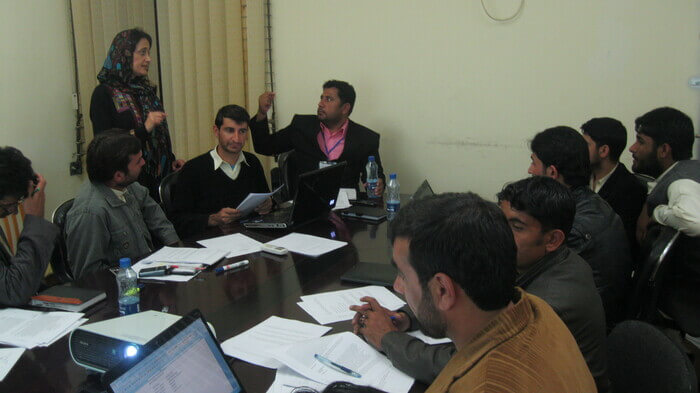
The AfPak division of Chemonics International established a Country Operation Optimization Program (CO-OP). CO-OP was designed to maximize development impact, reduce risk, build efficiencies, and improve effectiveness of USAID funding. The Afghanization: Building Capacity (ABC) program was a critical pillar of the CO-OP program designed to build the capacity of Afghan staff to assume positions of increasing responsibility and leadership on Afghanistan-based USAID-funded projects and in Afghanistan’s future. The goal of ABC’s training program was to foster an environment that encourages the development and transfer of knowledge, skills, attitudes, and values that contribute both to the achievement of project objectives and the development of qualified Afghan leadership.
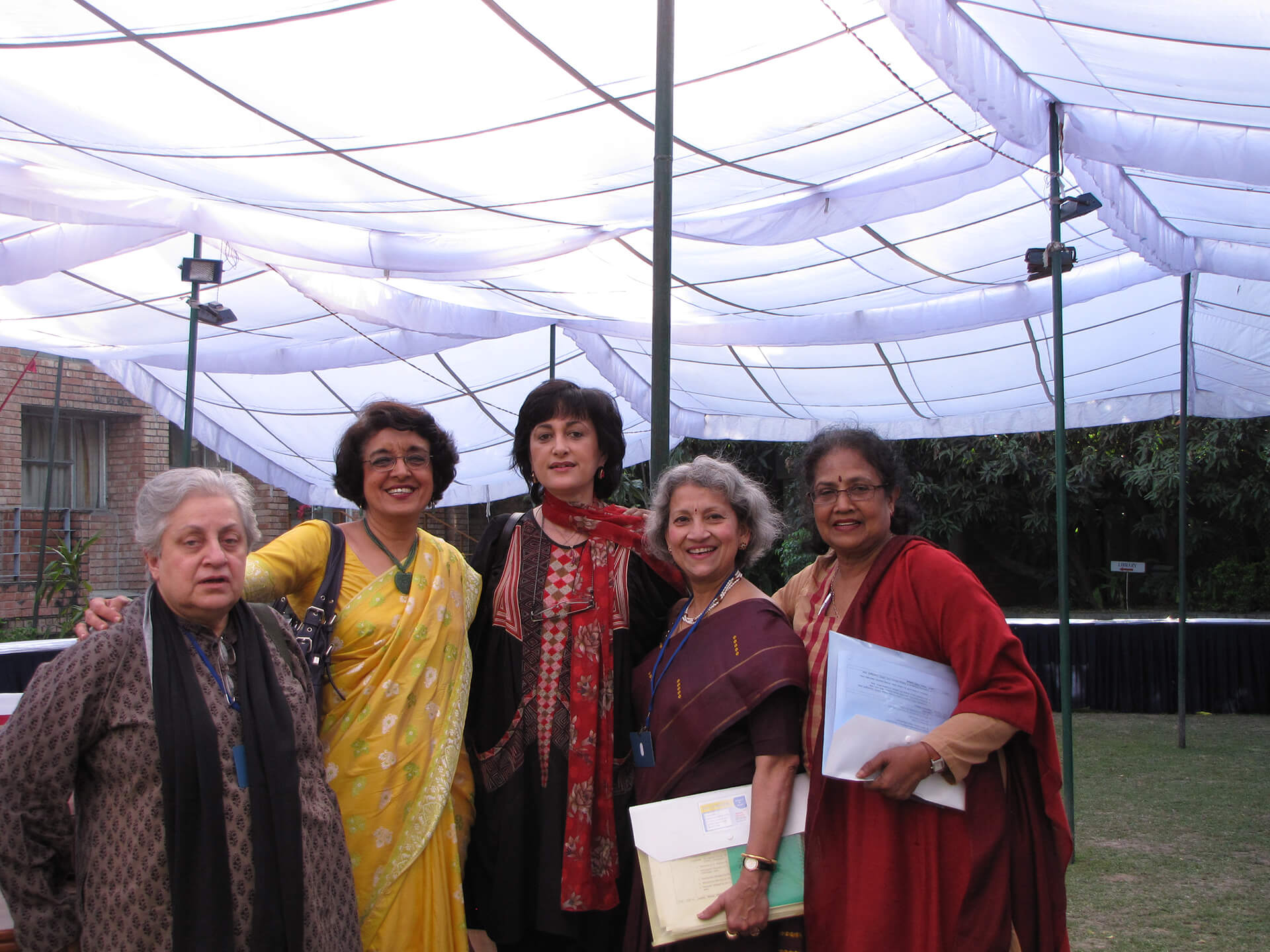
The Conference on “Women of South Asia: Partners in Development” was an initiative of Jamia Millia Islamia, New Delhi. The first Conference was held in March 2009, inaugurated by Nobel Laureate Prof. Mohammad Yunus. The objective of this Conference has been to bring together in partnership women from across the countries of South Asia. The Conference established Seven South Asian Women’s Networks (SWANs) so that women working in similar areas could network with their counterparts in other countries. The seven South Asian Women’s Networks (SWANs) established during the first Conference covered the sectors of Arts and Literature; Crafts and Textiles; Education; Environment; Health, Nutrition and Food Security; Media; Micro-credit ; and the Women in Peacemaking.
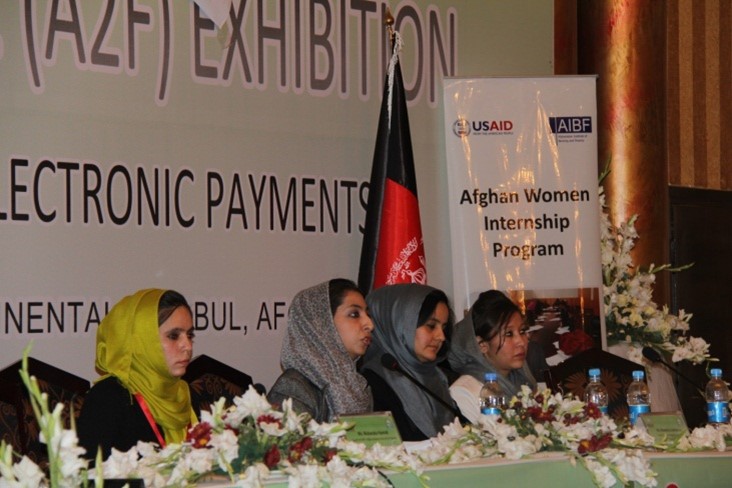
USAID-FAIDA project implemented by Chemonics International benefited thousands of Afghans by improving Afghanistan’s financial infrastructure and bolstering job creation. Each project component realized specific results. For instance, from 2011 to 2017, FAIDA mobilized almost $60 million in private financing, created 7,183 full-time equivalent jobs, and benefited more than 138,983 families. FAIDA developed hundreds of targeted training and certification programs that increased the capacity of 2,722 financial sector employees. The activity also provided 46 formal written comments on numerous laws and regulations, strengthening the regulatory infrastructure for Afghanistan’s financial sector. FAIDA also offered new programs and opportunities to hundreds of Afghan women.
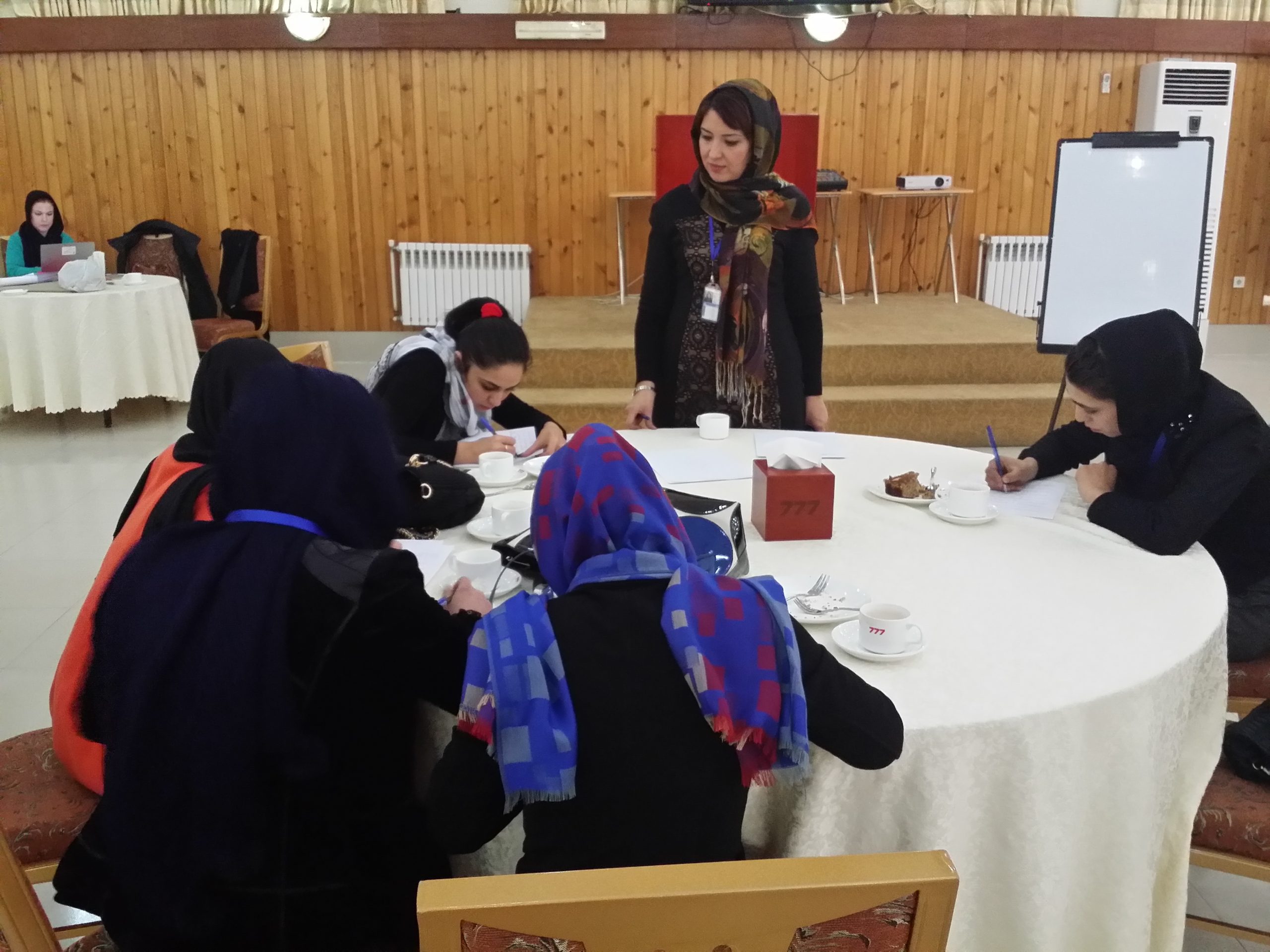
USAID/Chemonics International launched a comprehensive program titled Promote: Women in Government (WIG). WIG was a five year program with a budger of $38 million and the activities were i. produce a year-long civil service internship program, ii. address deficiencies in the workplace legal framework to prepare a safe and secure work environment for women, and iii. raise awareness and shift public attitudes towards women’s work. More than 3,000 graduated the program and 1,016 were employed by the Afghanistan Civil Service.
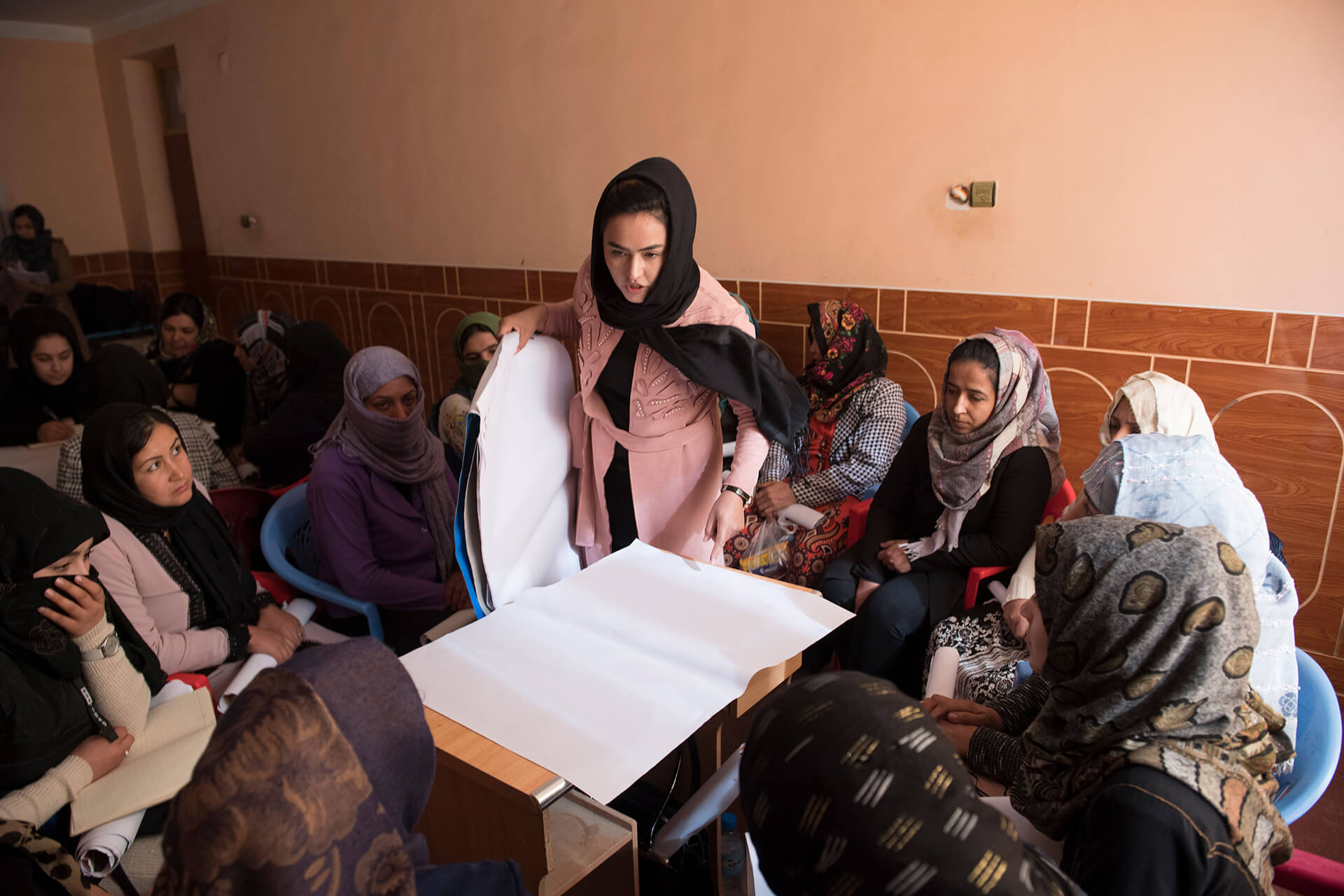
Excel Consulting in partnership with USAID/DAI implemented the women Home–Based Workers Network Project (HBWN) which was a six-month pilot project. It was designed to enable women producers from home to secure sustainable livelihoods.
